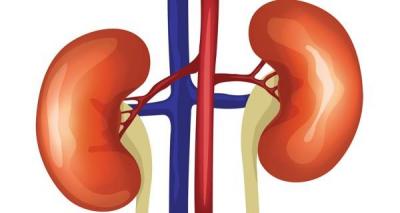Also an associate professor of nephrology at Bangabandhu Sheikh Mujib Medical University (BSMMU), he said CKD patients can fast in Ramadan but with risk as their kidneys fail to retain normal rates of body fluids, making them susceptible to further renal dysfunction and renal damage.
“The major concern for CKD patients regarding fasting is the possibility of dehydration and its deleterious consequences on the kidney function,” he said and urged the kidney transplant patients to abstain from fasting due to their need to comply with their prescribed medication dosages and times. Moreover, the nephrologist said, many kidney transplant patients are suffering from diabetic. If they want to fast, they may have a negative impact with fluctuation of blood sugar,” he added. He stressed on keeping self-control in taking unhealthy but delicious food and taking necessary medicine after Sehri and Iftar as per suggestions of physician in order to ensure adequate protection against potential complications while fasting.
He said the patients should have good intake nutrition and diet food during Sehri and Iftar. “The recommended diet, including amounts of protein, calories and nutrients, changes depending on how much kidney function you have,” he added.
Dr Hadiuzzaman suggested the patients to avoid attending Iftar party or other invitations outside home as such kinds of party offer unhygienic rich foods which cause high blood pressure, diabetes, stroke and many other disorders.
He suggested patients to get physical exercise for 30-40 minutes daily after Iftar or Tarabi prayers. “Every patient must go for walking to keep themselves healthy as they can properly perform their fasting during the holy month,” he said.
The nephrology expert also suggested CKD patients to stop unnecessary use of oral saline as it causes high blood pressure and heart diseases.



